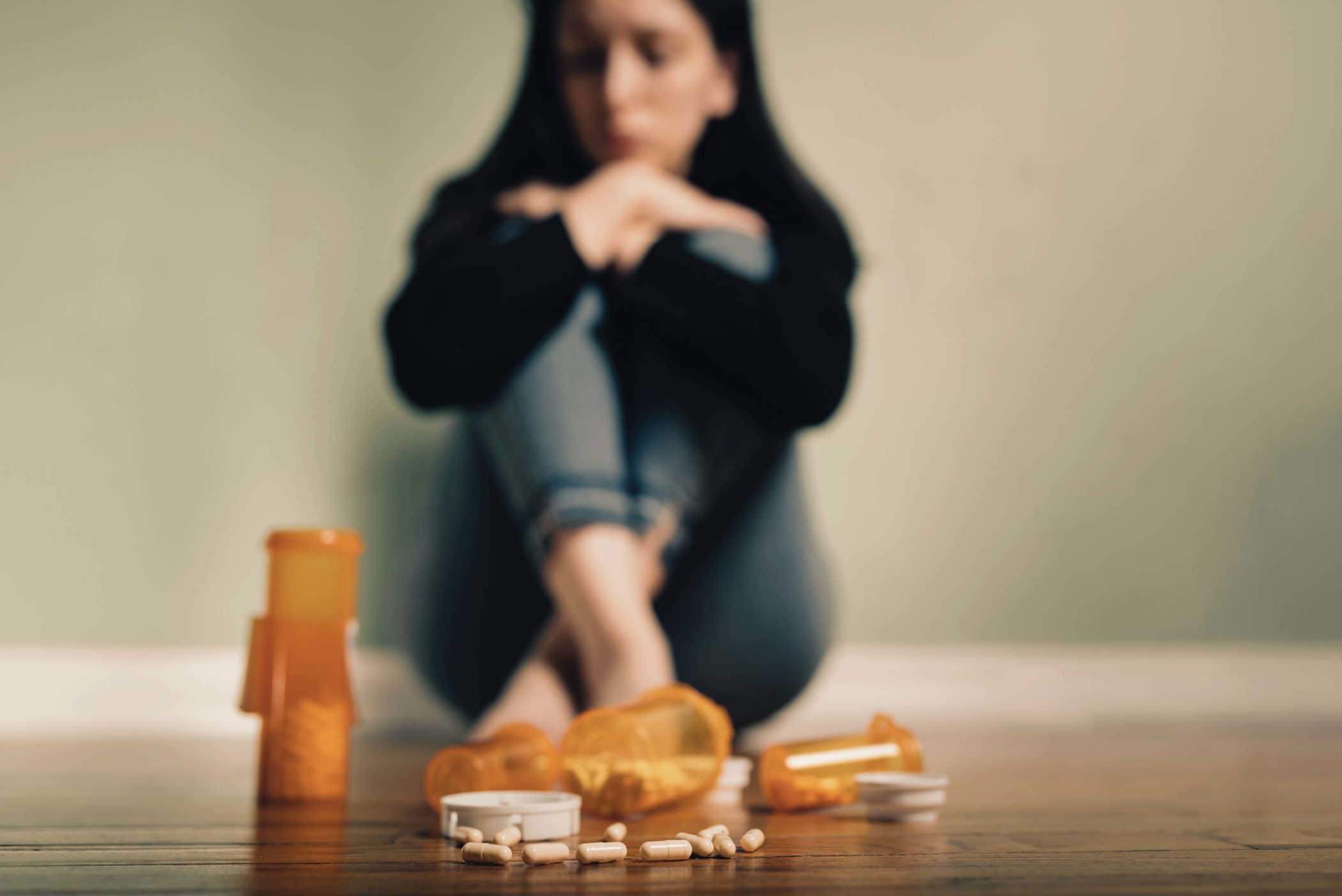An anxiety disorder is a medical condition that interferes with life — making it hard to deal with job or school responsibilities, daily tasks, focus, or maintain personal relationships. It is paralyzing for some, making it difficult to even get out of bed.
As much of a problem as this seems on its own, anxiety is not necessarily a bad thing. Anxiety is an offshoot of the body’s fight-or-flight response to perceived threats. In today’s world, anxiety is generally associated with stress. As we all know, too much anxiety or stress can overload a person, having a negative impact on mental and physical health.
What Is Clinical Anxiety?
Unlike normal reactions that occur during stressful situations, clinical anxiety is characterized by persistent and unfounded fears that interfere with work, close relationships, and social activities. These symptoms must be experienced on most days of the week for six months or more to fully meet the diagnostic criteria of “clinical anxiety” or “anxiety disorder.” Clinical anxiety symptoms can be physical and psychological, and any treatment program must deal with both. Untreated anxiety increases the risk of more severe conditions like insomnia, agitation, or depression. Chronic anxiety and stress can even weaken the immune system, increasing susceptibility to colds, flu, infections, or other illnesses.
How Does Anxiety Affect The Body?
Anxiety also changes the body’s endocrine system. The stress makes the brain tell the body to release adrenaline and other stress hormones in preparation to deal with threats. This is the classic fight, flight, or freeze reaction. If the body stays in this constant state of stress, the adrenal glands may get stuck in overdrive because of the continuous anxiety. This constant hormonal release can cause physical changes and damage to brain structures, as well as a physical condition called adrenal fatigue.
Does Untreated Anxiety Increase The Risk Of Substance Abuse?
The National Institute on Drug Abuse estimates that people with an anxiety disorder are twice as likely to suffer from substance abuse. Studies have shown a strong correlation between addiction and emotional disorders, finding that almost half of those with a substance use disorder also suffer from at least one other mental disorder. This does not indicate that mental disorders cause addiction. It merely shows that a person with a mental disorder is more prone to substance abuse than a person in good mental health.
Rather than seeking help for their anxiety, many try to self-medicate their symptoms. They turn to alcohol, nicotine, or other drugs to temporarily dull the discomfort of their emotional symptoms. There is no proof that alcohol relieves any physical anxiety symptoms, but the belief that it can do so brings a level of psychological relief. Some medications provide temporary relief from anxiety, but as with any substances that change brain chemistry, they can be addictive. Long-term alcohol or drug use can cause physical, psychological, and emotional damage. The cost of addiction is high.
Many times the sufferer realizes they may be developing a substance abuse problem, which only adds to the anxiety they already feel. This can start a downward spiral to chemical dependence and full addiction. Abuse of drugs or alcohol may also cause neurological or physical changes in the brain that trigger or worsen anxiety. This can start another vicious cycle as anxiety is often a triggering factor in substance abuse.
Studies show that addiction risk increases significantly if depression exists along with anxiety disorder. Those suffering from generalized anxiety disorder (GAD), panic disorder, social anxiety disorder/social phobia, or even specific phobias are also at higher risk of addiction. Nicotine addiction and substance abuse are common in post-traumatic stress disorder (PTSD) sufferers.
Is Anxiety Curable?
There is no “cure” for anxiety disorder, and illicit drugs or alcohol are definitely not part of the treatment plan. Most people can ease the worst of their symptoms with mental health therapy or counseling. Programs that teach coping skills and stress management will be the most effective. Cognitive Behavioral Therapy (CBT) is one of the most reliable therapies for treating both anxiety and substance addiction. Patients with a dual diagnosis can use CBT to gain an understanding of their triggers and to learn new coping strategies for dealing with stressful situations. Eye Movement Desensitization and Reprocessing (EMDR) therapy has also proven successful in treating dual-diagnosed patients.
When anxiety is complicated by substance abuse, the need for effective recovery services becomes critical. A comprehensive recovery program includes several levels of care: physical detox, followed by inpatient, residential, or outpatient rehab (depending on severity), and finally a supportive aftercare program. Family therapy, support groups, and 12-step programs will be a major part of the recovery process, addressing physical and psychological issues at the same time.
Why Choose Bridges Of Hope?
Bridges of Hope is a Joint Commission-accredited dual-diagnosis adult substance abuse treatment program. Our program is designed to achieve long-term recovery. We are licensed by the State of Indiana Department of Mental Health & Addiction.
Our treatment philosophy is based on a comprehensive and integrated approach to addressing all issues related to substance use and mental health disorders. We leave nothing to guesswork as we utilize therapeutically proven, evidence-based clinical practices. We place superior patient care as our highest priority and offer them all-inclusive treatment services.
Mission Statement: We provide hope and healing for anyone with alcohol and substance abuse disorders.
We connect everyone to their own personal journey, bridging the gaps previously unmet.


 Verify Insurance
Verify Insurance
 Toll Free Call
Toll Free Call